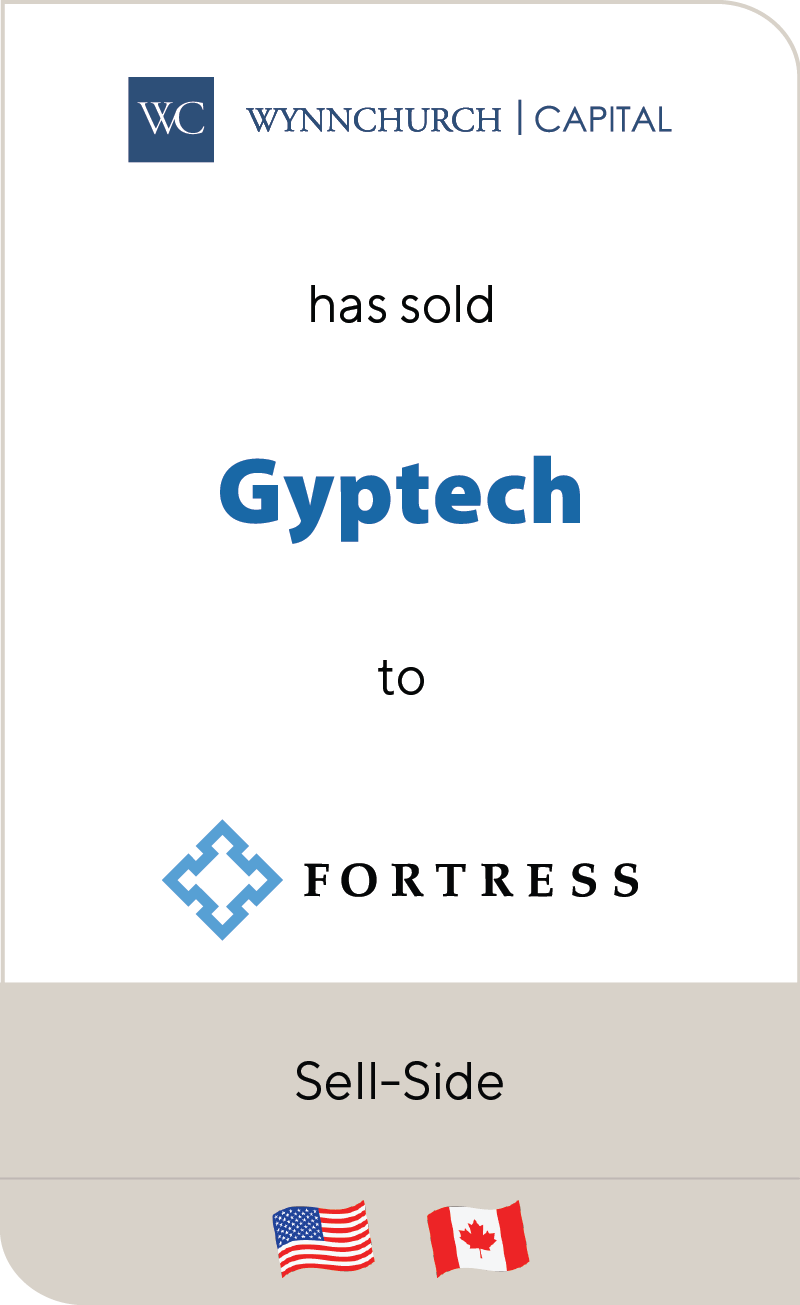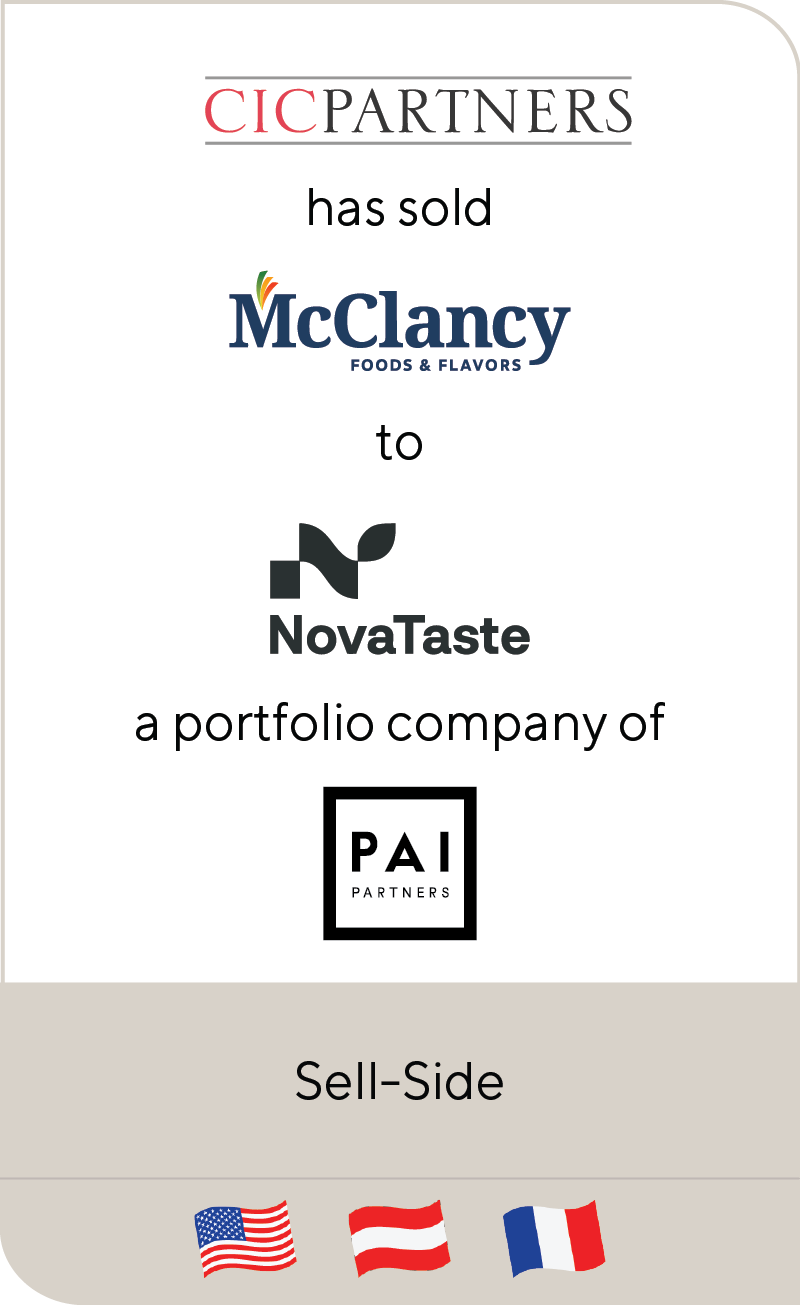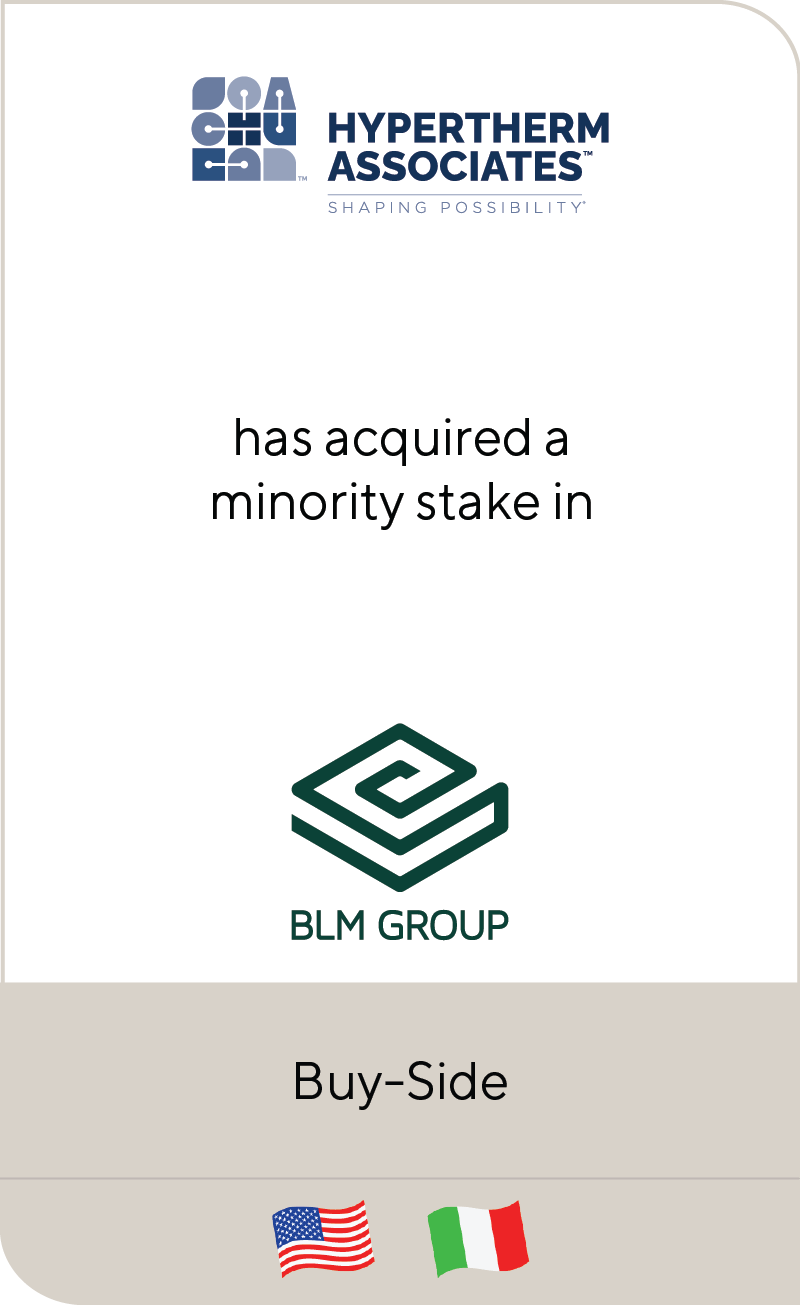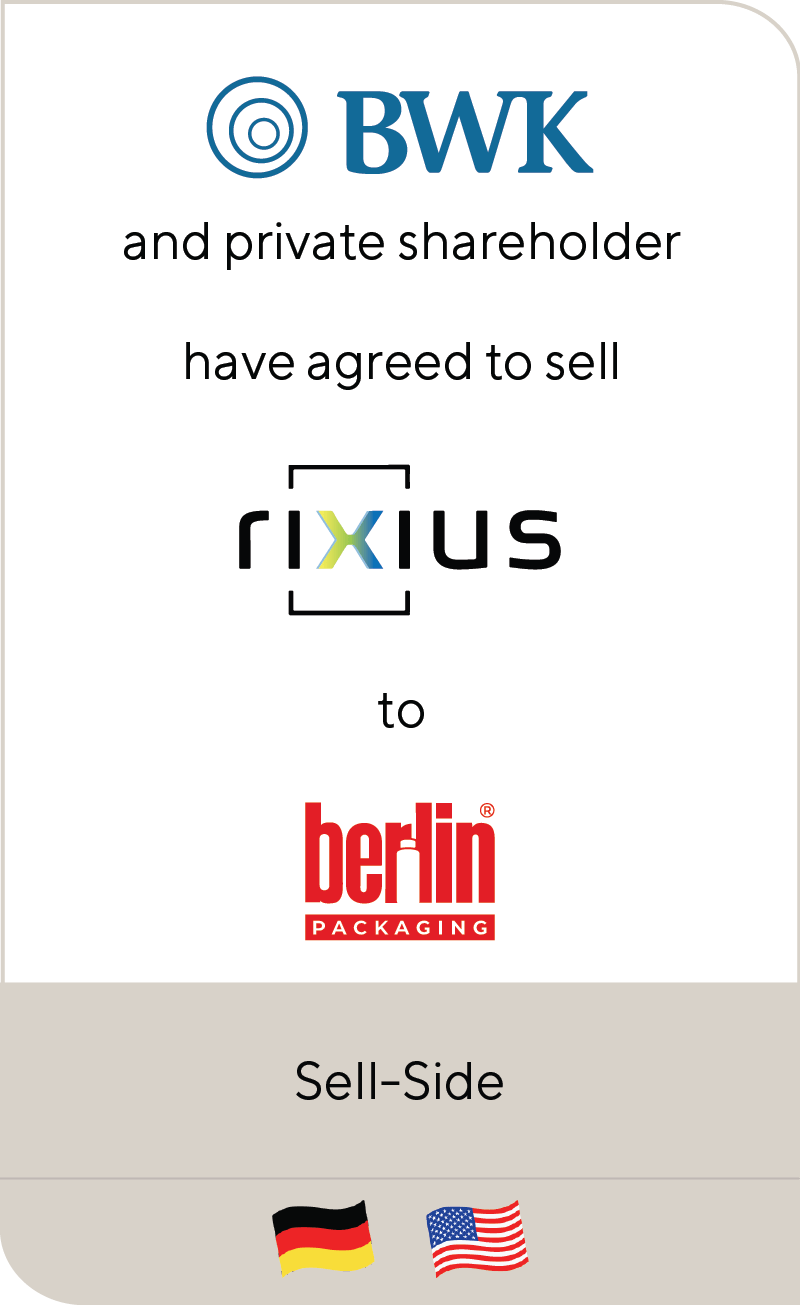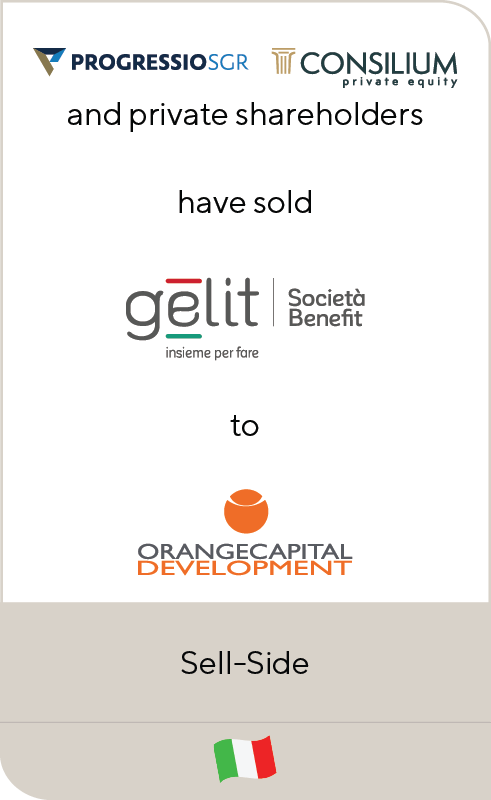The overall M&A environment has been impacted by numerous dynamics, causing investors to be more selective in where they spend their efforts and more disciplined in valuation. Nevertheless, there are “green shoots” that portend a market rebound in the near term.
| Unlocking Value: Carve outs can enable a company to focus on its core business by divesting from non-core assets. It can lead to enhanced efficiency, increased profitability, improved growth prospects and a higher valuation for the remaining company.
Raising Capital: Carve outs can be a way to raise capital by selling a majority share in the business unit to outside investors. That capital can be used to fund growth initiatives or reduce debt. Improving Strategic Flexibility: A carve out can give a company more flexibility by allowing it to spin off or sell the subsidiary in the future. It can help a company build resilience, increase agility and adapt to changing market conditions. |
There are several best practices to keep in mind when an organization is considering a corporate carve out, including:
|
1 |
Define Strategic ObjectivesThe approach can vary depending on management’s key objectives in the transaction, and it’s critical to choose the optimal structure for the carve out. For example, the preparation process will differ depending on whether the goal is to focus on core business or fund significant new investments in growth initiatives. |
|
2 |
Assess Financial ImpactIt’s important to have a clear set of expectations for how the carve out would affect revenue, profitability, cash flow, debt levels, tax liability and other related aspects of the business. Continuing to give attention to non-core assets can also sap valuable time and resources from higher-priority offerings. It is vital to consider the most efficient strategy for the near term while proceeding quickly and seeking to maximize the value of the business unit being sold. |
|
3 |
Understand Valuation and PricingStrong assets will always be in demand, but, in most cases, prospective buyers understand that the business unit is being sold because it has been deemed strategically unfavorable for the organization, which can affect pricing. |
|
4 |
Examine Operational ImplicationsCarve outs and disentangling a business unit can have wide-ranging implications for human capital, information technology systems, internal processes and more, so it’s crucial to map any notable impacts and think through how to address them throughout the process. Financial information for the carved out business unit will likely need to be created because that unit did not historically report its financials separately, so it’s necessary to review materiality documentation, controls and other aspects. |
|
5 |
Evaluate Customer / Supplier RelationshipsCustomers and suppliers are key stakeholders, and it’s critical to think through how those partners may be impacted to avoid affecting the relationship negatively—both in terms of partners for the business unit being carved out and for the parent company. |
|
6 |
Consider Regulatory and Legal Compliance FactorsEach jurisdiction can have unique considerations and levels of scrutiny for regulatory and legal compliance, which could significantly impact the timing and outcome of the planned transaction. For example, some types of carve outs may have antitrust issues to consider for strategic investors. |
|
7 |
Determine Governance and LeadershipThe governance model should be in place on day one, so it’s important to determine leadership roles and responsibilities within both the parent company and the unit being carved out. One key aspect is whether management decides to execute the carve out prior to or during the sale. Carving out prior affords greater flexibility to resolve issues with the structure and without buyer input, but then the cost burden of the carve out falls on the seller. Carving out during the sale can enable the company to tailor the carve out structure for the buyer and potentially yield a higher valuation, but this tactic can also extend the negotiation process |
|
8 |
Review Financial StrategiesA strategic shift leading to a corporate carve-out has implications for the overall financial strategy of the seller. Depending on the specific circumstances of the transaction and the parties involved, thinking through financing is a pivotal step relative to the cost of capital, financing terms, weighing debt or equity financing and other related factors. |
|
9 |
Decide on Post-Carve Out SupportDepending on the structure and execution of the transaction, some level of post-carve out support may be necessary. The complex process of disentangling the business unit from other operations could require a Transition Services Agreement (TSA) to support the buyer post-transaction. |
|
10 |
Outline the Communications StrategyCommunication is critical to deliver clarity and gain buy-in, and it should be in place well in advance of when it’s needed. Decide on a strategy, messaging and timing for communication internally, with clients and vendors and for the broader external market. |
Lincoln PerspectiveCorporate carve outs involve significant complexity and can vary significantly from one transaction to the next. Considerations around structure, disentanglement, financials for the business unit, valuation, TSAs and more can all present unique challenges. Using an experienced third-party advisor can help find the right buyer at an appropriate price for the market and navigate complexities. While there is currently significant dry powder available in the market, private equity buyers may still be subject to leverage availability and constrained debt markets. Lincoln International has significant experience executing complex carve out transactions and can help your organization with carve out planning and execution. |
Contributor

I enjoy leading clients and realizing their objectives, while structuring solutions to issues that are both intriguing and challenging.
Øyvind Bjordal
Managing Director | Head of Switzerland
Zurich
Building long-term relationships is key for me personally – I want to be the advisor of trust for my clients.
Dr. Michael Drill
Managing Director | Head of Germany
Frankfurt
I strive to deliver value-added advice, leveraging deep industry knowledge and extensive industry relationships.
Guillaume Suizdak
Managing Director & Co-head of Industrials, Europe
ParisMeet Professionals with Complementary Expertise

I am a rigorous advocate for my clients with a hands-on, communicative approach, focused on delivering intense advocacy and outlier results.
Sean Bennis
Managing Director & Co-head of Industrials
Chicago
I am enthusiastic about creating sustainable growth and the highest value for our clients and strive to leave a positive footprint beyond any successful M&A transaction.
Friedrich Bieselt
Managing Director & Head of Business Services, Europe
Frankfurt
I enjoy leading clients and realizing their objectives, while structuring solutions to issues that are both intriguing and challenging.
Øyvind Bjordal
Managing Director | Head of Switzerland
ZurichRelated Perspectives
Recent Transactions in M&A

Best Practices for Preparing a Corporate Carve Out
While macroeconomic challenges and rising interest rates correlate to a slowdown in mergers and acquisitions, corporate carve out transactions often see significant upticks during times of economic uncertainty as businesses… Read More

Media Digest: Q3 2023 Lincoln Private Market Index
Our Valuations & Opinions Group recently discussed findings from the Q3 2023 Lincoln Private Market Index with several publications. Terminal CFO LevFin Insights PE Professional Pitchbook Axios Blackstone

Middle Market Musings Podcast
Originally posted by Middle Market Musings in October 2023. Chief Executive Officer Rob Brown offers a perspective on how private equity and the firm have developed over the course of… Read More

Corporate Carve Outs: A Strategic Growth Tool for Turbulent Times
When challenges arise in the economic environment, businesses become much less interested in discretionary acquisitions—particularly larger deals or at higher multiples, creating a need for dealmaking alternatives. The result is… Read More

European Market Buzz: Emerging Trends
The European market is bustling with a myriad of activities and developments. Richard Olson, Managing Director in Lincoln’s Valuations & Opinions Group, discussed some of these dynamics with several publications.… Read More

pemacom | Outlook for the German M&A Market in 2023
Originally published by pemacom on September, 19, 2023. 1. Challenging Economic Environment Following a weak second half of 2022, the number of M&A deals will continue to decline in… Read More

The Lead Left Webinar | Navigating the 2023 M&A Landscape
Originally posted by The Lead Left on October 9, 2023. Christine Tiseo, Managing Director and co-head of Lincoln’s Capital Advisory Group, recently participated on a panel where industry experts discussed… Read More

Affärsvärlden | Increasingly Lower Activity in the M&A Market – But Advisers See Glimmers of Light
Originally posted by Affärsvärlden on October 6, 2023. While the total number of acquisitions fell in Sweden during the third quarter, transaction value increased, and new legislation and other market… Read More

Real Deals | Adapting to the Dealmaking Drought
Originally posted by Real Deals on September 26, 2023. 2023 has seen slower deal activity across Europe and many are hopeful that the market will pick up in the near… Read More

Real Deals | Yield of Dreams
Originally posted by Real Deals on August 29, 2023. Private debt is growing quickly despite rising interest rates. Recent Preqin data indicated that $33.7 billion was raised in Europe in… Read More

Dividend Recapitalization Activity Shows Signs of Renewed Life
The dividend recapitalization market slowed down in 2nd half of 2022 as companies digested rising interest rates. However, in recent months, there has been an uptick in volume as borrowers… Read More

LevFin Insights | EMEA Insight: Floor but no Ceiling: European Direct Lenders Keen to Prepare Loan Agreements for Falling Interest Rates
Originally posted by LevFin Insights on August 7, 2023. As inflation is easing and many are predicting interest rates will decline in the near term, direct lenders are requesting 1-2%… Read More

Pitchbook | European Banks Claw Back Mid-market Share as Funds Chase Big Deals
Originally posted by Pitchbook on July 28, 2023. The private debt market has grown exponentially over the past few years. In the current economic environment with rising debt costs and… Read More

Gaining Momentum: European M&A Outlook for H2 2023
The mergers and acquisitions (M&A) market will remain challenged throughout 2023 although dealmakers are learning to live with the uncertainty. In the last 12 months, private equity (PE) has been… Read More

Cybersecurity: Zeroing in on Current and Future Trends
As we enter the second half of the year, the state of cybersecurity is coming into sharper focus following a tumultuous 2022. Here are Lincoln International’s key observations and predictions.… Read More

Investor Appetite for Frozen Food Grows
In the U.S. and in Europe the frozen food market continues to grow. The overall mega themes of products that are high-quality, clean, convenient, fresh, long-lasting, less wasteful and flavorful… Read More

Real Deals | PE-backed Companies Performing ‘Robustly’ Compared to Public Companies
Originally posted by Real Deals on June 7, 2023. According to Lincoln International’s proprietary Valuations & Opinions Group Q1 2023 data, European private companies are performing better than public companies… Read More

Leading Indicators Show Declining Ability to Service Debt
According to Lincoln International’s proprietary private market database, maintained by Lincoln’s Valuations & Opinions Group, highly leveraged, privately-held companies are feeling the pinch as rising interest rates begin to take… Read More

PitchBook | Fixed Charge Coverage Shrinking on Midsized Companies – Lincoln
Originally posted by PitchBook on May 9, 2023. Rising interest rates are negatively impacting borrowers in the middle market. Christine Tiseo, Managing Director and co-head of Lincoln’s Capital Advisory Group,… Read More

Plant-based Alternatives are Poised for Growth
Lincoln International was pleased to host the Plant-based Potential: The Rapid Rise of Alternative Foods and Growth Opportunities Ahead panel at the Food & Drink Expo in Birmingham, UK. During… Read More

Real Deals | Healthcare M&A Resilience
What trends have you seen in the last quarter in relation to valuations in the healthcare space? Matthew Lee: It’s early days to get an accurate read on valuations as… Read More

Mergermarket | Dealspeak EMEA – Slice of Pie: New Entrants Gobble Up GP Stakes in Europe
Originally posted by Mergermarket on April 24, 2023. Historically, North American investors were the main players that acquire stakes in private equity (PE), credit and infrastructure general partners (GPs) in… Read More

PETS International | Investment Spike in the Fresh Dog Food Category
Originally posted by PETS International on April 26, 2023. The natural / minimally processed pet food industry is attracting great investor interest, and the market is growing at a rapid… Read More

Private Equity and Private Credit Resiliency is Not an Illusion
Many macroeconomic factors have contributed to recent public market volatility, including inflation, labor shortages, rising interest rates and recent banking system instability. While private market valuations have demonstrated less volatility… Read More

Regulatory Compliance Watch | SEC Examines PFs’ Third-party Valuations
Originally posted by Regulatory Compliance Watch on March 31, 2023. The SEC is asking private fund advisers to explain how they monitor the boundaries between their firms and third-party valuation… Read More











